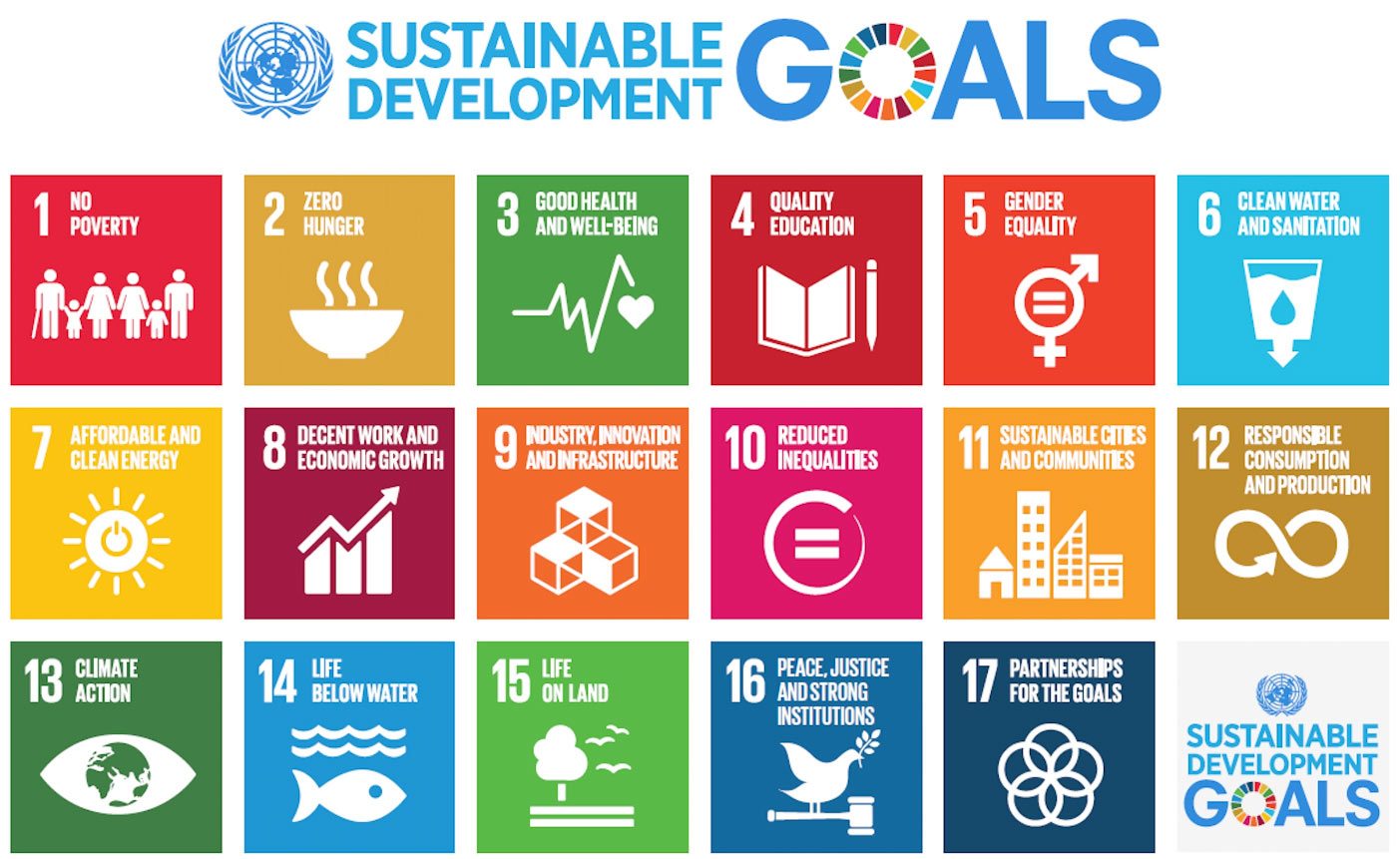
Details
Full Name: Judy Njino
Organisation Name: Global Compact Network Kenya
Job Title: Executive Director; Chair, Africa Region Network Council- UN Global Compact
Duration with organisation 9 Years
Country of Operations: Kenya
1. Introduce yourself, and your organization?
My name is Judy Njino, Executive Director of Global Compact Network Kenya (GCNK) and Chairperson, Africa Region Network Council of the United Nations Global Compact. GCNK is the Local Network of the United Nations Global Compact that is working to accelerate and scale the collective impact of businesses in Kenya by upholding the Ten Principles on Human Rights, Labour rights, Environment and Anti-corruption and delivering the Sustainable Development Goals (SDGs) through accountable companies and ecosystems that enable change. The Kenya Network has a membership base of 260+ leading organizations that are signatories to the Compact.
2. Why is compliance so important?
Compliance is important as it’s every company’s responsibility to its stakeholders to abide by the law by adhering and regulating its business conduct in the operating environment. Compliance provides the necessary safeguards against sanctions and reputational risks for businesses whether large or small and is the bedrock upon which trust is built
It is very crucial to keep in mind that codes of conduct are based on a company’s value system and aligned values promote business growth. In the absence of compliance, companies are unable to create and retain confidence with their stakeholders, putting leadership at risk and undermining the business purpose.
In this regard, the Ten Principles of the UN Global Compact covering the respect of human rights, labour rights, environmental protection, and anti-corruption are basic tenets that any responsible business must comply with and lays the foundation for long-term success
3. What advice can you give to businesses about nurturing the right company culture when working in East Africa? What examples should they follow?
The Private Sector is the engine of growth in East Africa. Business success must go hand in hand with societal success. This means it is imperative for all businesses to adopt the right company culture that reflects societal values to secure its long-term license to operate.
Embedding the Ten Principles of the UN Global Compact in business strategy, operations and culture is a great starting point as they reflect the minimum responsibilities that all entities are required to meet by law. For instance, Article 20 of Kenya’s constitution under the Bill of rights mandates business to respect human rights.
My advice to businesses ready to establish a strong ethical culture would be to start off by putting in place strong compliance systems that will help them identify and mitigate key risks. Secondly, it is important to communicate and live out the organization’s values internally. This not only strengthens employee-employer relationships but can unite teams around a common cause. Thirdly, build trust externally through transparency and cultivating an open culture with your stakeholders.
With the advent of the Covid-19 Pandemic, the modern workplace has undergone major transformation. As a result, businesses around the region have had to adjust to new work arrangements including virtual offices and remote working. It is evident that a strong company culture built on trust unites remote teams, consequently sustaining the camaraderie and ideals necessary to keep progressing towards shared goals.
4. How does your organisation benefit clients, such as Alamaya, that are working in Emerging and Frontier Markets?
The UN Global Compact is the world’s largest corporate sustainability initiative that unites business for one common purpose: to be a force for good in society. By 2050, Africa will be home to the world’s largest free trade area and account for one quarter of the global population, growing at a rate that outpaces every other region. Africa has a unique opportunity to harness this anticipated economic progress to deliver inclusive and transformative sustainable development. However, this will not happen through traditional business models that focus solely on profit maximization
The UN Global Compact therefore exists to challenge and inspire companies to transform their business models to deliver value for people and planet which is a pre-requisite for their own success.
Regardless of the size, sector, or geographic location, participating companies are able to access best in class trainings, tools, resources and guidance on how to integrate sustainability in business strategy and gain access to partnerships with a range of stakeholders to come up with emerging solutions to common challenges.
Participants also have access to a global platform to showcase their sustainability ambitions to key stakeholders including local and international clients and investors, engagement opportunities to specialize in Environmental Social and Governance (ESG) workstreams and unprecedented networking access with like-minded business leaders drawn from over 15,000 companies in 70 countries.
5. Do you believe East African intermediary companies and companies that represent other companies are integral to emerging markets and start-up businesses in East Africa? Why?
Yes, I do believe they play an integral role in helping established and start-up businesses understand and navigate new territories. They bring on board a wealth of experience and insights across various areas of operation which can enhance business efficiency and cut through the complexity.

